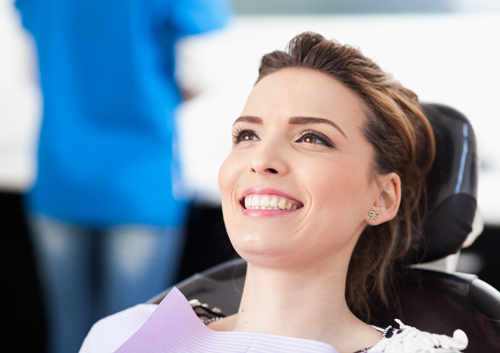Common Emergency Care Visits: Toothaches and Abscesses
January 30th, 2020

You never know when a dental problem may arise. Unfortunately, they don’t necessarily occur during office hours. Dr. Tom Nymberg can provide you with the proper information and treatment options to prevent the problem from becoming worse.
Abscess
An abscess is a bacterial infection, and will normally cause pain and swelling around the affected tooth and gum area. Though antibiotics are not always necessary, you should be seen by Dr. Tom Nymberg as soon as possible. If left untreated, the infection may grow and cause more serious issues.
Toothache
Toothaches can have many causes. Sometimes it’s as simple as food lodged between your tooth and gums. Rinse your mouth with warm water and try flossing the area to dislodge the particle. If your gums begin to bleed, stop flossing.
Fractures or cavities can also cause toothaches as well as sensitivity to heat or cold. Please schedule an appointment to ensure a minor problem doesn’t develop into a serious one. You may require acetaminophen or another pain reliever before your visit.
If you can’t be treated right away, keep these tips in mind:
- If you have fractured a tooth, rinse the area with warm water to keep the surfaces clean. Apply a cold compress to the outside of your facial area to reduce swelling.
- A tooth that has been knocked out should be kept moist, in a clean container, until you can receive treatment.
- Do not apply aspirin directly to a damaged tooth or gum area, because this can cause tissue irritation.
- If you suspect your jaw has been broken, go to an emergency room immediately.
- If you have bitten or damaged your lips or tongue, rinse your mouth well with warm water. If bleeding continues, seek other medical attention right away.
If you experience an emergency, please contact our Mason, OH office and provide us with as much information as possible. This way, we can offer recommendations that will assist you until you’re able to arrive for an appointment.
Remember: procrastinating about getting treatment can turn a minor problem into a major one!






